This photo is a scanning electron micrograph image of the junction between enamel and cementum (root surface).
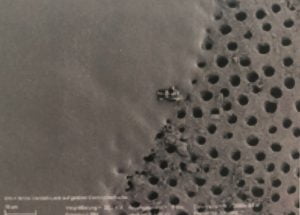
When someone has gum recession, the root surfaces are exposed. While enamel is like glass, the root surface is like a sponge. In fact, root surfaces are 11x softer than enamel and thus more susceptible to cavities once exposed in the mouth. Once you get a cavity on the root surface of a tooth (we call this “root caries“), you could be heading toward eventual loss of the tooth. Fillings do not work as well or last as long on root surfaces because these surfaces are much softer than enamel. The bond between the filling and tooth is lost much faster. This leads to staining, bacterial leakage, and recurrent decay.
The only and best way to prevent root cavities is FLUORIDE… and the best time to place it is immediately after your teeth have been cleaned thoroughly because in the next 24 hours a film of bacteria will naturally coat your teeth which is what causes cavities to start, thats why fluoride treatment after dental cleaning is recommended.
We used to have those awful trays that held the fluoride in your mouth for one to four minutes… I can still remember sitting in the chair as a kid dreading the end of my dental appointment – the hygienist would put two gigantic trays in my mouth, hand me the suction, and then leave for what seemed like an eternity! We are fortunate today to have clear fluoride varnish treatment. It is fast acting to seal those root surfaces, tastes great, and requires only about 60 seconds to apply. I personally never have a cleaning without immediately applying fluoride afterwards.
Just how prevalent is root caries anyway?
- In the 45-55 age group, 28% will have more than one root surface filling
- In the 55-65 age group, this jumps to 47%
- The average adult is on multiple medications, of which the #1 side effect is dry mouth… these patients have a higher caries risk.
- Recurrent decay on root restorations is very high
If you are someone who is susceptible to cavities and/or has exposed root surfaces (gum recession), we strongly recommend fluoride treatment after your cleaning visit.
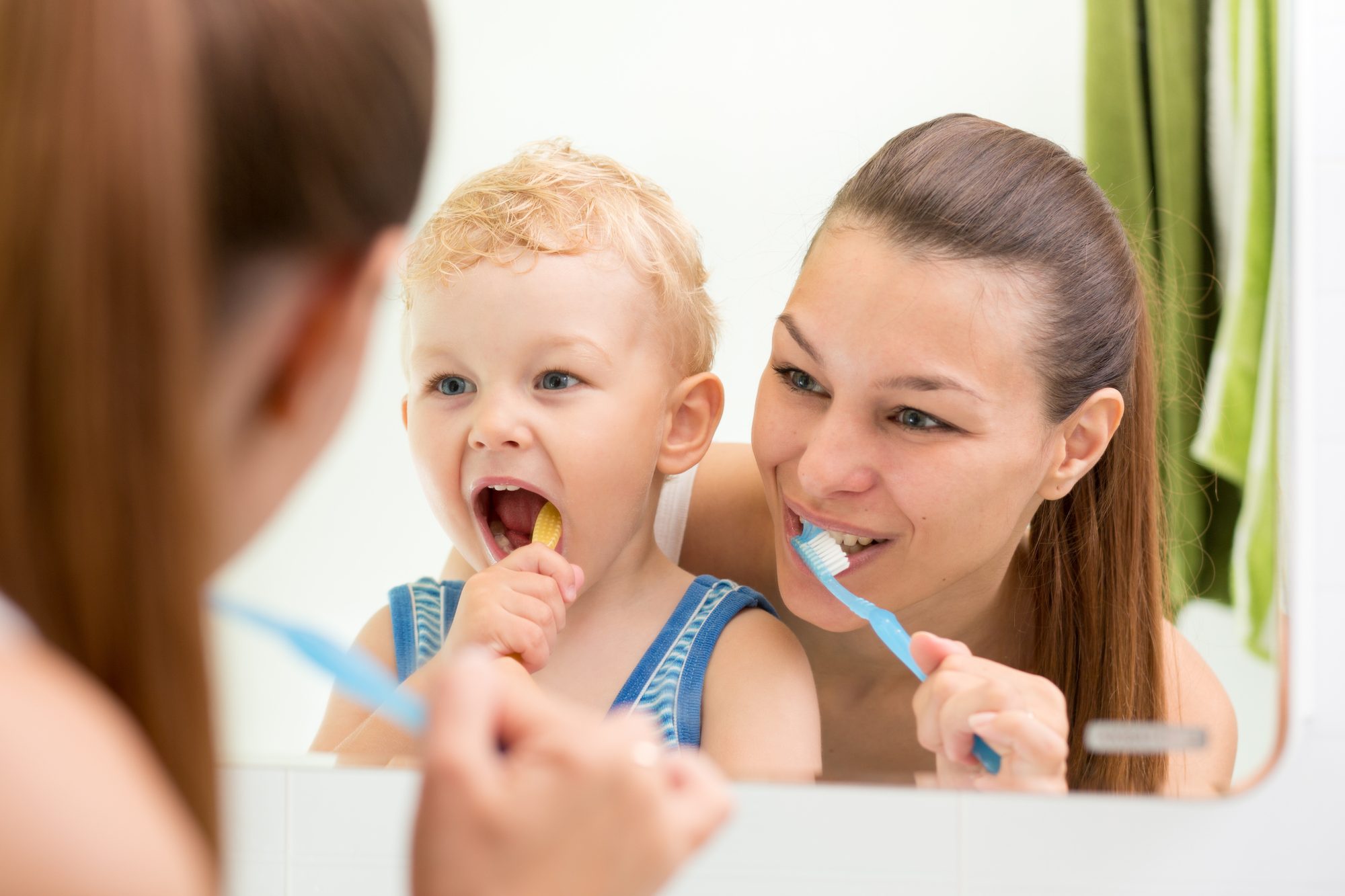
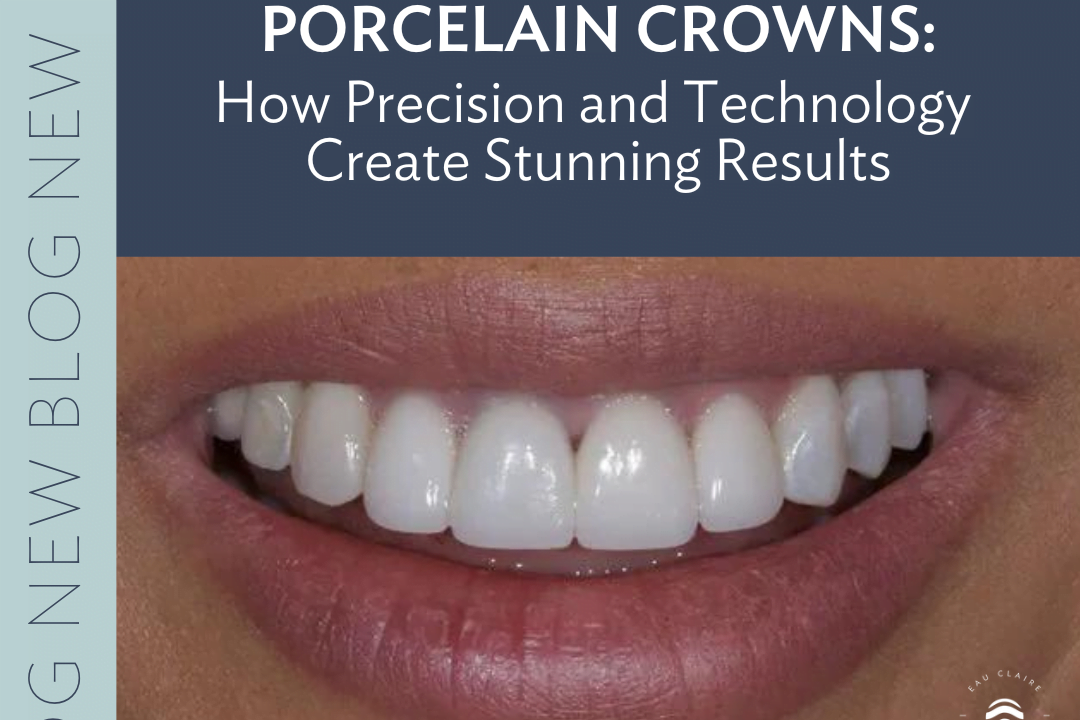
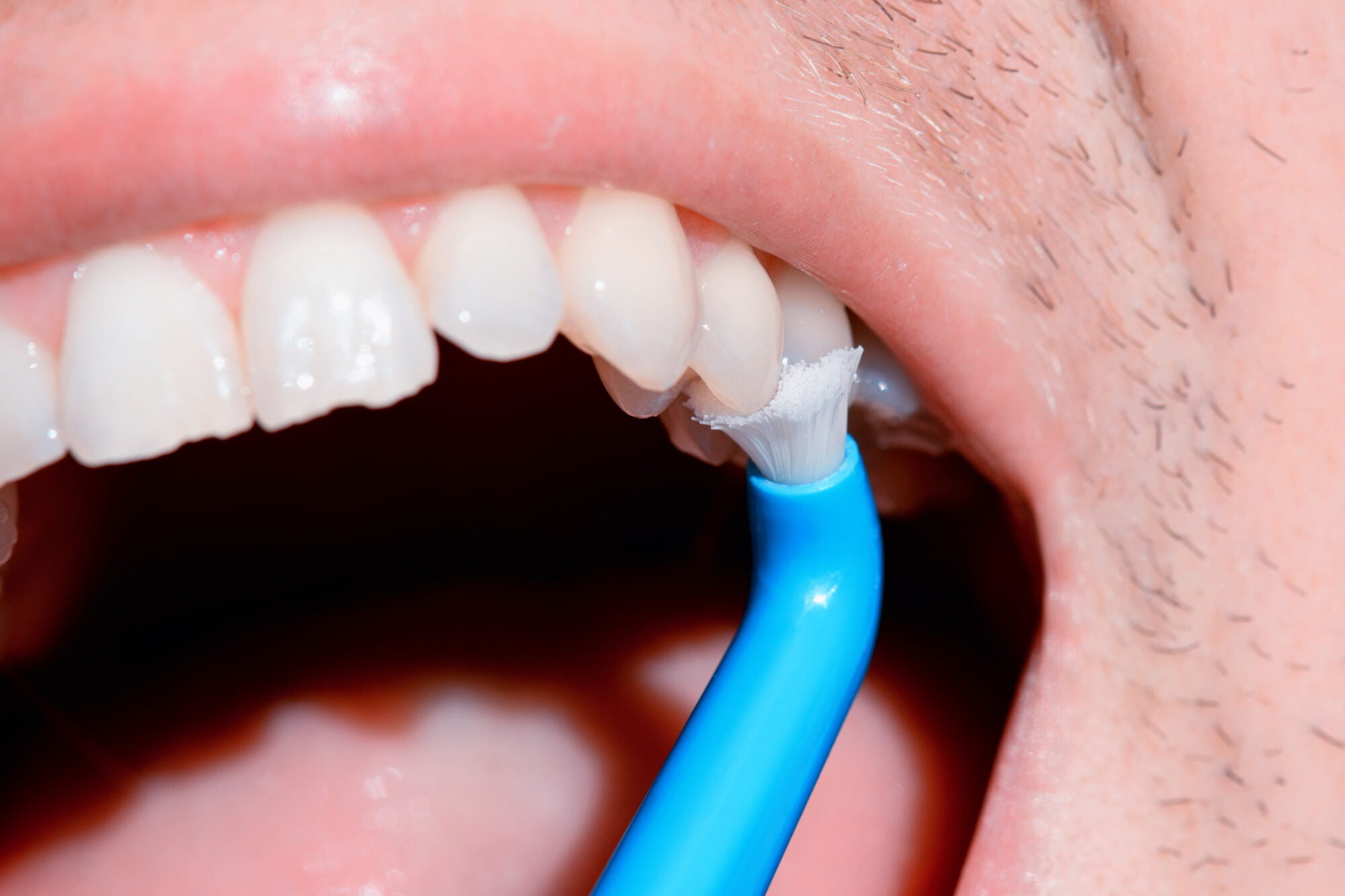
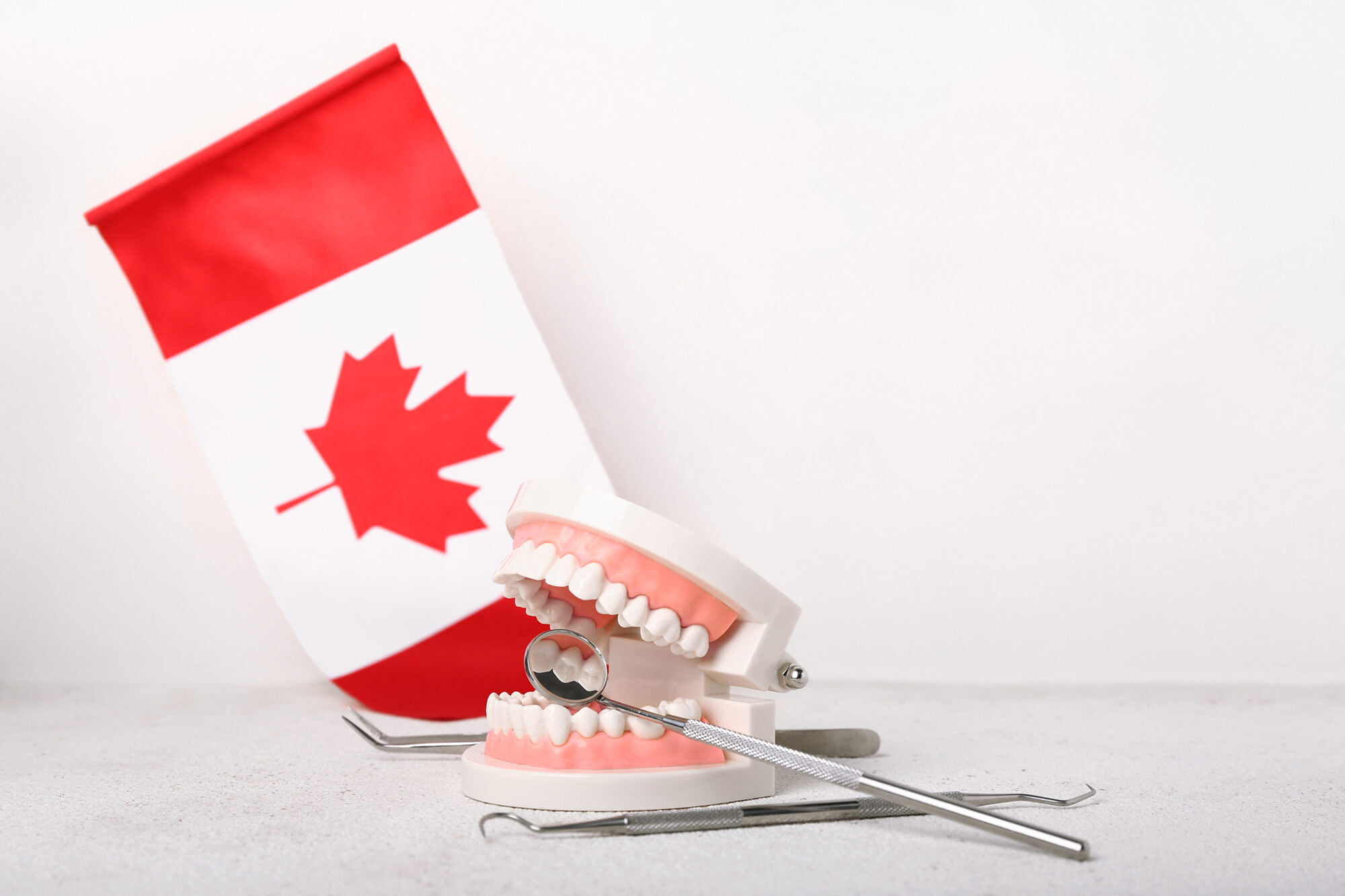
Leave A Comment